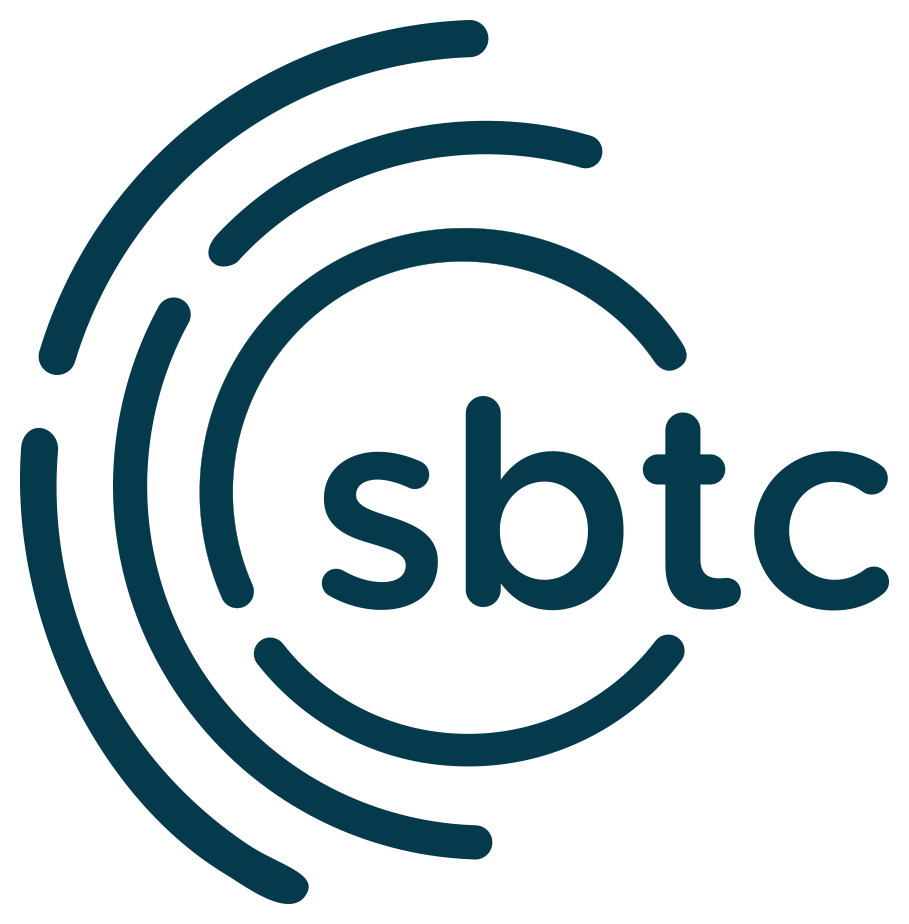My wife, Megan, and I are both Type A. We religiously sit down every week to plan our finances and family calendar. We plan our vacations years in advance. So, eleven years ago, when our middle daughter, Lucy, was diagnosed with autism spectrum disorder, we were stopped in our tracks. Our life was suddenly more than we could plan or manage.
For years, we’ve taken Lucy to therapy, prepared meals according to a strict diet, and worked through our griefs over Lucy’s disabilities—all while working jobs, serving our local church and parenting our other daughters. By four o’clock in the afternoon nearly every day, we’re both exhausted.
One great grace in our life was that for six years a group of young Christian women (from our church and a local Christian college) came to our home to help care for Lucy each afternoon. These women conducted a behavioral therapy program, potty-trained, and even taught Lucy a simple catechism. Most of the time we were able to use Medicaid funds to pay them. But one of the women, Kelly, kept working for us in a season when we lost our funding. She had our back even when there was seemingly nothing in it for her.
Feeling Welcome
Kelly’s ministry to us was so meaningful because it met us in the place where we were most needy. We needed respite and practical help at a time of day when we were physically and emotionally stretched thin.
Ministering to individuals and families with disabilities is a great opportunity for the church. Yet Stephen Grcevich references a landmark study in his article “Who’s Missing from Your Children and Student Ministries?” saying statistics show “that the presence of specific mental health, developmental, and physical disabilities significantly increases the likelihood that children with those disabilities will never attend church.” Why is this the case? In Luke 14:1–24, the evangelist relates an account of a Sabbath day when Jesus was invited to a dinner party at the home of a prominent Pharisee. Upon arrival, the Savior immediately encountered a disabled man with a condition that caused abnormal swelling in his body.
Lamar Hardwick suggests in the book Disability and the Church that “the party hosts only invited the man to exploit him and trap Jesus in a Sabbath day controversy.” Jesus beat his Pharisee hosts to the punch, immediately asking them whether it was lawful to heal this man on the Sabbath. When they remained silent, Jesus took hold of the man, healed him and sent him on his way.
To show that what he had done was appropriate, Jesus then asked, “If one of you has a child or an ox that falls into a well on the Sabbath, will you not immediately pull it out?” (Luke 14:5). When the dinner guests remained silent, Jesus gave them a series of instructions that would expose their misplaced priorities—the pride and materialism that kept them from showing compassion to the poor and the weak.
First, Jesus addresses the dinner guests’ pride. Seeing how they jockeyed for the best seats at the table, he warns, “A person more distinguished than you may have been invited. If so, the host who invited both of you will come and say to you, ‘Give this person your seat.’ Then, humiliated, you will have to take the least important place” (Luke 14: 8–9). It’s better, says Jesus, to be seated in a less prominent place and then to be honored later if the host invites you to take a better seat. “For all those who exalt themselves will be humbled, and those who humble themselves will be exalted” (Luke 14:11).
We have a sinful tendency to gravitate toward the people who are the most put together—those with the most polished gifts, with the most to contribute. Jesus exposes this tendency as pride and shows us that it gets in the way of our seeing the equal dignity of every person who is created in God’s image.
Second, Jesus addresses the Pharisees’ materialism. He tells his fellow dinner guests that when they throw a party, they shouldn’t invite family or friends or prominent people who can repay them. Instead, “when you give a banquet, invite the poor, the crippled, the lame, the blind, and you will be blessed. Although they cannot repay you, you will be repaid at the resurrection of the righteous” (Luke 14:13–14).
Disabled believers who we experience as weak in this life are nevertheless indispensable parts of Christ’s body (1 Corinthians 12:22). In the article “How Special Needs Inclusion Changes the Culture of a Church,” Sandra Peoples observes the following: “When our church sees James, they see the image of God in him, and they learn to see the image of God in everyone they meet.”
The Great Reversal
But even if the benefits of welcoming people with disabilities are not immediately measurable, Jesus promises that there’s eternal glory in it. He closed his teaching at the dinner party with the Parable of the Great Banquet (Luke 14:16–24), a story that tells how proud men preoccupied with the riches of this life are excluded from table fellowship in God’s kingdom while the weak, disabled, and marginalized are welcomed and given the most prominent place. It’s a story that shows us the full extent of the great reversal.
During church closures due to the COVID-19 pandemic, I watched something beautiful happen. One church that I’ve partnered with as a consultant paired one child in their older elementary group (4th–5th graders) with each of the children in their special needs ministry. The older elementary “buddies” and their parents would schedule one Zoom playdate each week, and they also prepared and sent one care package (with items such as individually wrapped candy bars, masks, and hand sanitizer) to their friend each month. Because some of the kids in the special needs ministry are immunocompromised and require additional care, some of the virtual playdates continued even after reopening began.
This ministry program is wonderful, but the most beautiful part was how friendships developed between the kids. The typically developing older elementary kids not only learned compassion but learned to laugh with, value and even benefit from another child with a differing ability level from them.
That’s a picture of glory! Sometimes we see glimpses of it in this life, and sometimes (like in Kelly’s case when she chose to keep serving our Lucy), there is no immediate payoff. But, if I’m reading Jesus correctly, I believe that when Lucy and others with disabilities like hers join us as believers in glory, they’ll have more prominent seats at the heavenly table. And though they may not—in their weakness—have been able to give much in the way of payment in this life, they’ll join God in eternity pouring out honor upon those who showed them love here.
Jared Kennedy is the Managing Editor of Gospel-Centered Family and the Family and Parenting Channel Editor for the SBC’s Ethics and Religious Liberty Commission. He is the author of several books including The Beginner’s Gospel Story Bible and the forthcoming Keeping Your Children’s Ministry on Mission. He lives with his wife, Megan, and three daughters in Louisville, Kentucky.







